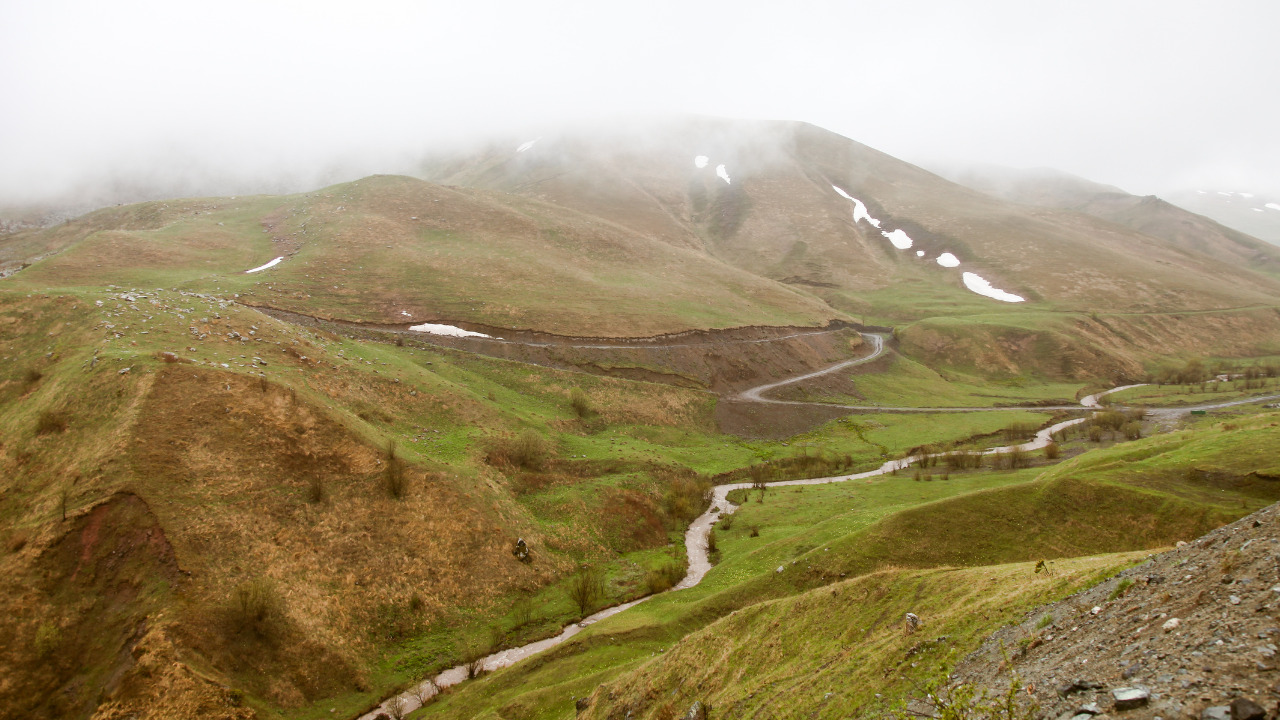Date first published: 04/05/2023
Key sectors: all
Key risks: war on land; civil unrest
Risk description
On 23 April Azerbaijani Foreign Ministry announced that it would set up a checkpoint on the Lachin Corridor – the only transit route that connects Armenia and the breakaway region of Nagorno-Karabakh (NK). Baku claimed that Yerevan had “abused the corridor” by using it to rotate armed forces that remained stationed in NK, transfer weapons and ammunition and illegally traffic natural resources from the area. Yerevan and NK authorities denied such claims and appealed for international help, most notably from Russia whose peacekeepers are designated to control the corridor under the 2020 ceasefire agreement.
The official checkpoint violated the 2020 ceasefire agreement and further undermined the role of Russian peacekeepers in the area as they were unable – or unwilling – to prevent its establishment.
Why it matters
Azerbaijan has long sought to establish a checkpoint on the corridor and it effectively achieved that already on 12 December 2022 when a group of alleged Azerbaijani environmental activists blocked the road to protest illegal mining in the area. Several reports emerged that the activists were in fact linked to the Azerbaijani government. Following the establishment of the checkpoint, they swiftly announced that they would suspend the protest action. While the decision will not have a major impact on the ground, it represents Baku’s latest crackdown on NK. Karabakh Armenians are concerned that the checkpoint moves them closer to losing their autonomy. They are also worried that it is a part of Baku’s plans to “ethnically cleanse” the region by creating unacceptable living conditions for Armenians which will prompt them to leave. Baku denies these claims as “baseless”.
Background
On 1 May only days after Baku finished setting up the checkpoint, the Armenian and Azerbaijani Foreign Ministers met in the suburb of Washington for four-day long United States (US)-mediated talks. There are hopes on both sides that the parties could make substantial progress towards a peace agreement. The NK issue was likely discussed during the talks. Although both parties have previously stated that they respected each other’s territorial integrity, questions remain as to the incorporation of this issue into the peace agreement as Yerevan likely continues demanding special rights for Karabakh Armenians.
One such right – already guaranteed by the 2020 ceasefire agreement – is free movement along the Lachin corridor. Baku claims that traffic on the road is open and has even published videos showing NK Armenians passing through the checkpoint. However, NK authorities have urged local residents not to use the checkpoint, claiming that it threatens their existence. They also alleged the Armenians who passed through the checkpoint – as shown in the video shared by Baku – were assisted by Russian peacekeepers who pledged that there would be no checks by Azerbaijani forces.
Risk outlook
There is significant pressure on both sides to reach an agreement. However, rights and security guarantees for NK Armenians appear to remain a sticking point, with the checkpoint on the Lachin corridor undermining efforts to reach a compromise on the matter. Additionally, Azerbaijan retains leverage, which may indicate that Yerevan will be forced to make further concessions to reach a peace deal. Many in Armenia and NK already believe that Yerevan’s decision not to insist on the inclusion of NK’s right to self-determination in a peace agreement is a “capitulation”. Should Armenia make further concessions, it is likely to trigger civil unrest in the country and NK.



